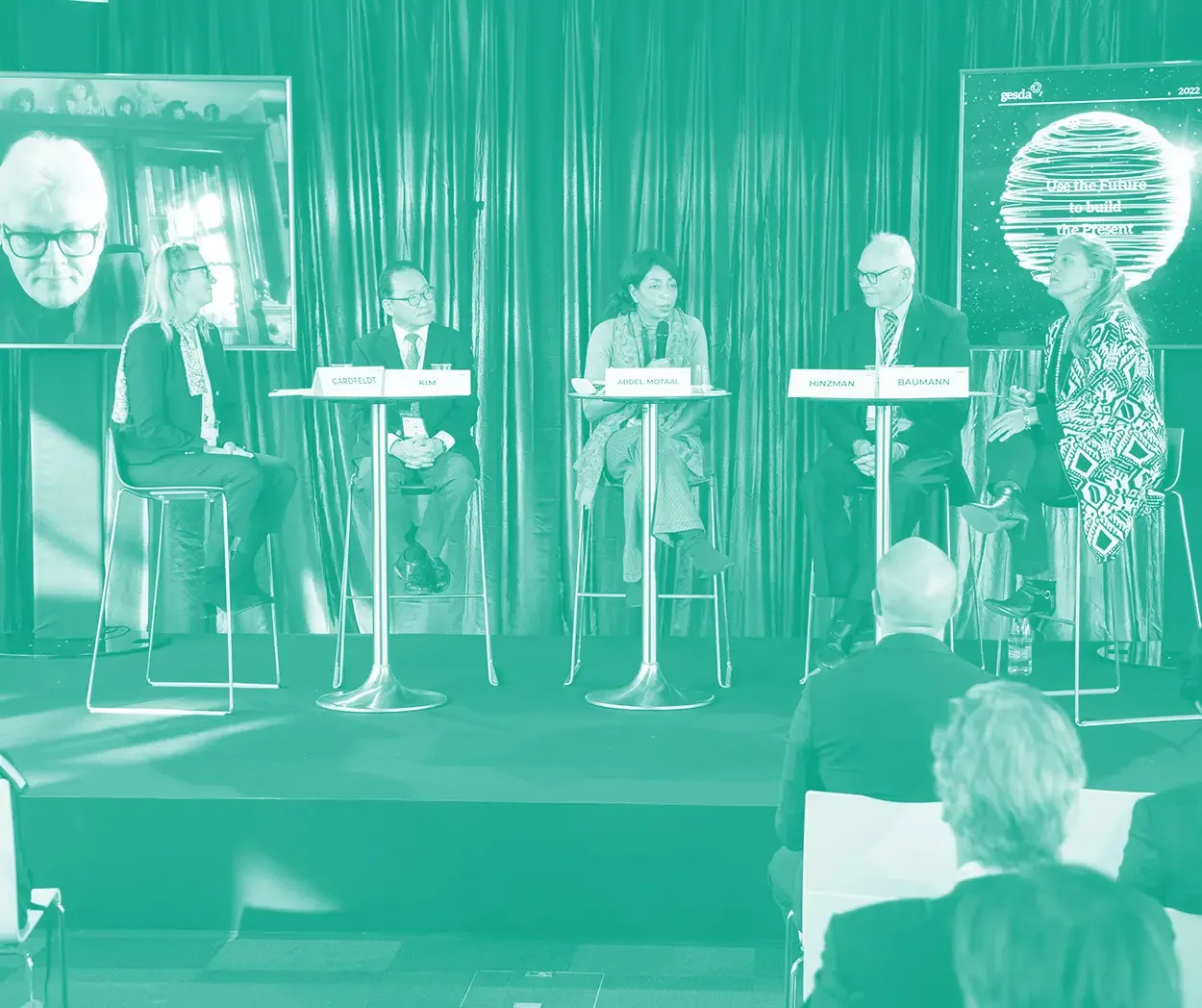The poles are the most challenging and expensive frontiers on Earth for scientific research and resource acquisition. The current geopolitical situation has put deployed efforts to pursue research in those regions at risk. It is, in fact, accelerating the race to exploit essential resources such as oil, gas, and rare earth minerals. In addition, concerns citing environmental preservation, ecosystem balance, and lack of clear authority or ownership loom over existing approach to the Earth’s poles. Alternatively, the poles and their resources are an important contributor to meeting the demand of a more manageable energy transition.
- How can nations and multilateral coalitions move forward with global research programs and tenuous collaborations overshadowed by geopolitical realities?
- What is the right balance between exploitation of resources and exploration of scientific unknowns?
“As climate change drastically reshapes the polar regions, geopolitical conflicts are likewise fracturing the polar research landscape, particularly since Russia’s invasion of Ukraine.
”
“A race is on for control of Arctic resources and access; the Arctic Council provides a loose governance forum in this regard.
”
“Scientists and diplomats should improve their engagement of Indigenous peoples living in the Arctic region.
”
“The situation is different in the Antarctic region – a barometer for the health of our planet – where a 1959 treaty provides for sustained international scientific cooperation.
”
“When the treaty comes up for review in 2048, nations could seek to reverse its strict ban against mining for mineral resources.
”
“Pollution spreading to the polar regions is already a problem. Mercury and microplastic emerges from industrial sources and shows up in polar ice cores, seawater and the atmosphere.
”
“Polar science has a strategic component. There is a need for more science diplomacy in the Arctic region – this has been key to mutual nuclear deterrence between the US and Russia.
”
“Switzerland, a leader in Alpine research, has a strong interest in polar research and believes its future depends on the sort of multilateralism and international cooperation that GESDA promotes.
”
More information



